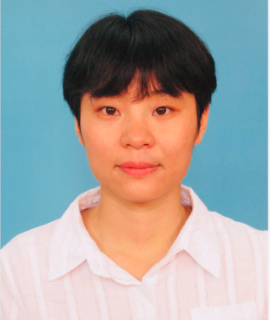Title : Altered systemic and intestinal IgA immune responses in individuals with type 1 diabetes
Abstract:
Objective:
Increasing evidence supports the observation that IgA exerts a critical effect on the susceptibility to autoimmunity by modulating gut homeostasis and subsequent host immunity. We hypothesized that the IgA immunity is altered in individuals with type 1 diabetes. To test our hypothesis, we investigated intestinal, oral and peripheral IgA immune responses in individuals with type 1 diabetes.
Methods:
We collected stool, oral cavity, and blood samples from subjects diagnosed with type 1 diabetes (within one year and over one year) and healthy control individuals. Serum islet autoantibody titres were detected by radio ligand assays. IgA-bound-bacteria and IgA-expressing B cells were studied by flow cytometry. Oral free IgA level was measured by ELISA. Serum and stool free IgA concentrations were determined by immune-turbidimetry method.
Results:
Individuals diagnosed with type 1 diabetes within one year had an increased proportion of stool IgA-bound-bacteria, compared with healthy control individuals. The proportion of stool IgA-bound-bacteria was positively associated with the glutamic acid decarboxylase autoantibody (GADA) titre. Moreover, individuals with a longer duration of disease displayed a higher level of IgA-bound-bacteria than those diagnosed within one year. In contrast to healthy control individuals, type 1 diabetes patients had increased serum IgA concentrations.
Conclusions:
Individuals with type 1 diabetes display altered IgA immunity, especially increased stool IgA-bound-bacteria, which is likely to contribute to beta-cell autoimmunity and the disease development, and thus, might be considered as a novel therapeutic target for the treatment of type 1 diabetes.


